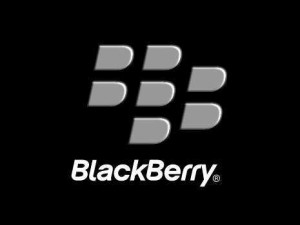 Over the past few years, investors have gotten used to BlackBerry’s relentlessly grim financial results. So for many of them, the smartphone company’s most recent earnings report was a pleasant surprise.
Over the past few years, investors have gotten used to BlackBerry’s relentlessly grim financial results. So for many of them, the smartphone company’s most recent earnings report was a pleasant surprise.
The company reported a quarterly loss that was smaller than expected. However, BlackBerry’s management stopped short of declaring a turnaround. John S. Chen, chief executive of BlackBerry, told analysts, “We feel pretty good about where we are.”
BlackBerry reported a $23 million, or 4 cents a share, profit for its last quarter, after accounting adjustments. However, without these adjustments the company lost $60 million, or 11 cents a share. Revenue declined to $966 million, only 1 percent lower than the previous quarter.
Mr. Chen said he expected to end the cash drain, with hopes of adding to the company’s cash holdings, by the end of the current fiscal year. Colin Gillis, senior technology analyst at BGC Financial, said, “The most important bit is that there is a clear end in sight to the cash burn. You got an injection of hope today.”
The results suggested that efforts to refocus the company and severe cost cutting might be working. Mr. Chen told the annual meeting of shareholders, “This is, of course, the very beginning of our task and we hope that we will be able to report better results going forward.”
The company’s wholesale phone sales increased to 1.6 million handsets, from 1.3 million in the previous quarter. Retailers and carriers sold about 2.6 million phones, but many of those had been lingering on shelves and in warehouses.
Mr. Chen predicted great things for two new high-end phones that will be released this year. However, he did not reveal sales figures for the low-cost Z3, released in May and geared towards emerging markets. He simply said that “demand looks strong.”
